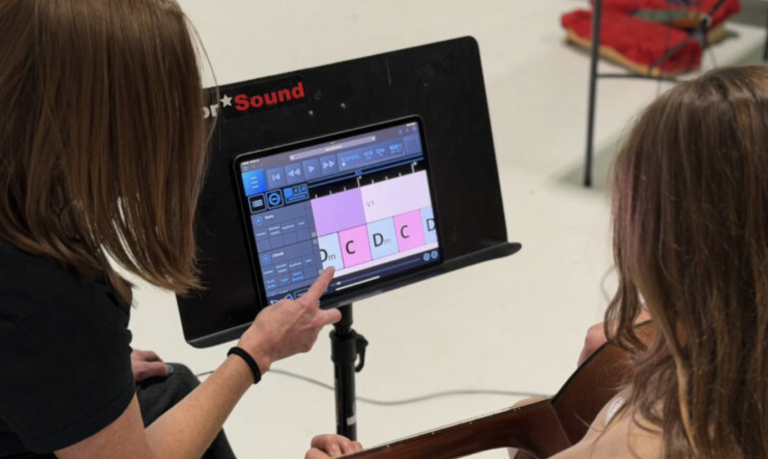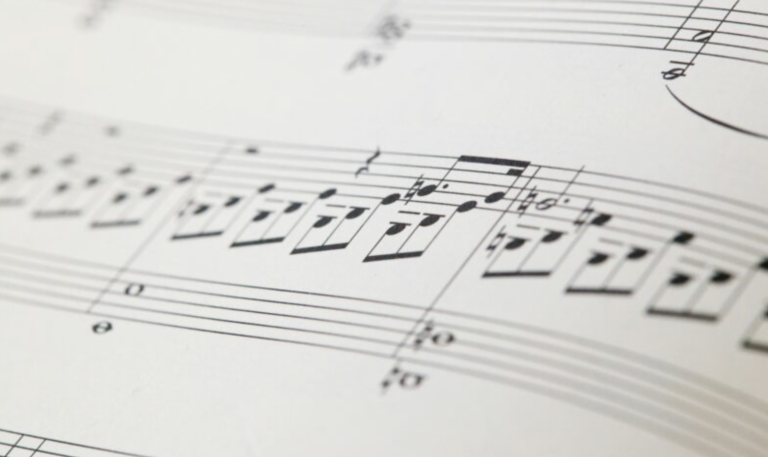
Clash Between AI and Music
Sony Music, Universal Music Group, and Warner Music Group are escalating their lawsuit against AI music platform Udio. The dispute asks whether scraping YouTube videos to train AI models counts as copyright infringement or qualifies as “fair use.” As a result, the outcome could reshape how courts apply copyright law to artificial intelligence in music.
On October 24, the labels filed a memorandum in federal court in New York. In that filing, they rejected Udio’s attempt to dismiss claims of illegal scraping, saying the company “mischaracterizes” their arguments and the legal landscape. Moreover, in September, the labels amended their complaint to add allegations that Udio “illegally scraped” YouTube videos, a move inspired by similar lawsuits against other AI firms.
Udio pushed back on October 10. Specifically, the company argued that accessing publicly available YouTube videos does not violate the Digital Millennium Copyright Act (DMCA). Furthermore, its lawyers claimed scraping may raise copyright infringement claims but does not break DMCA rules. They wrote, “Anyone can access YouTube content. You can go to YouTube and watch music videos without restriction.”
DMCA Interpretation Counter
The labels countered that Udio’s reading of the DMCA is flawed. In addition, they said access controls and copy controls are not mutually exclusive. According to their lawyers, Udio’s “all-or-nothing” interpretation would strip copyright owners of protections once their work is public. Consequently, this fight mirrors a parallel case against another AI music platform, Suno, which faces similar accusations of mass infringement and YouTube stream-ripping.
The broader context includes Anthropic’s high-profile case. Earlier this year, the company agreed to a $1.5 billion settlement after accusations of downloading books from pirate libraries. Since then, that precedent has encouraged rightsholders to expand claims against AI platforms. However, courts remain divided on whether piracy allegations can be added to copyright lawsuits.
Ultimately, the Udio case highlights a pivotal question: how far can AI companies go in using copyrighted material to train their models? With multiple lawsuits unfolding at once, these decisions will shape the future of AI and copyright in the music industry.








